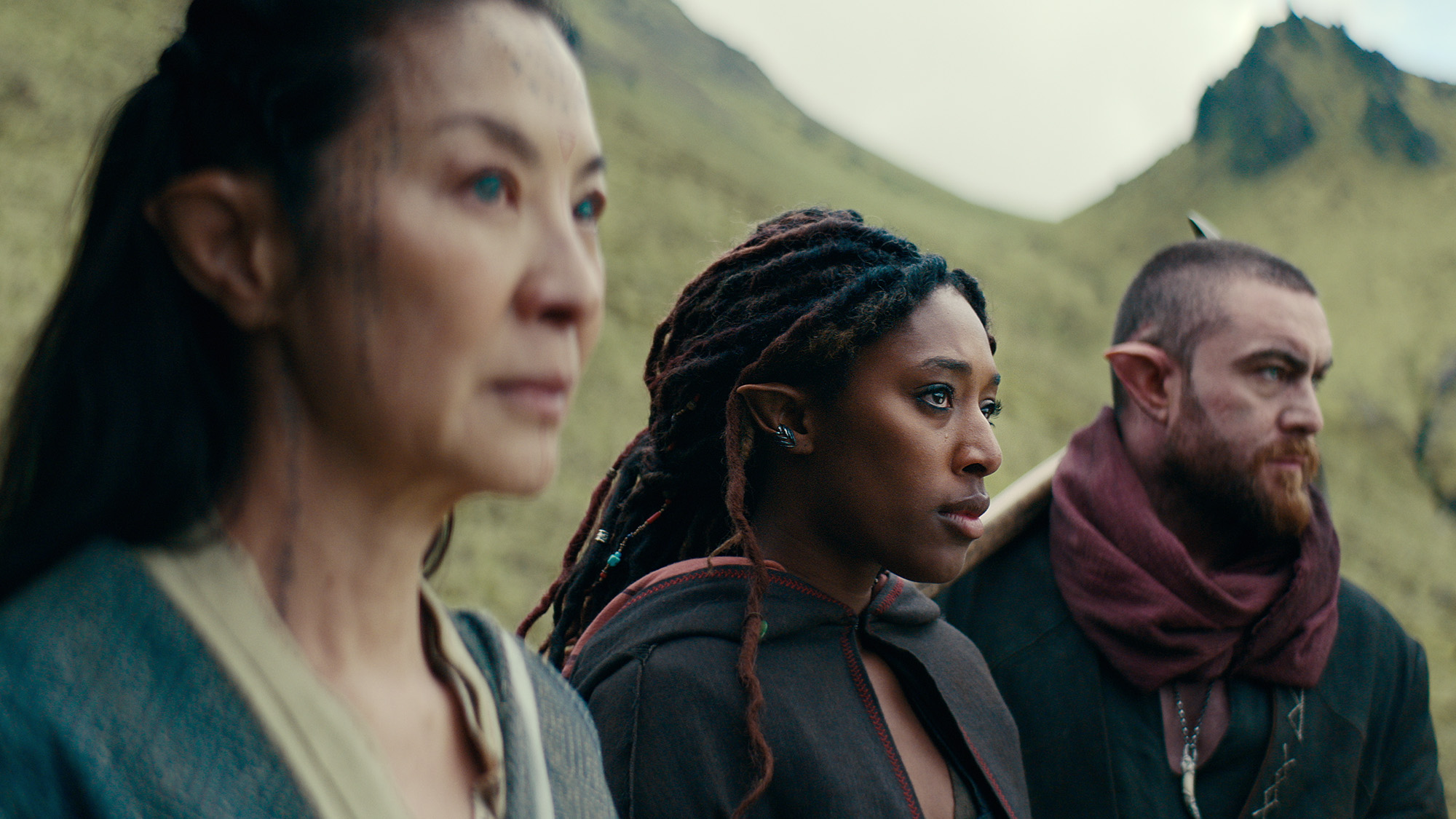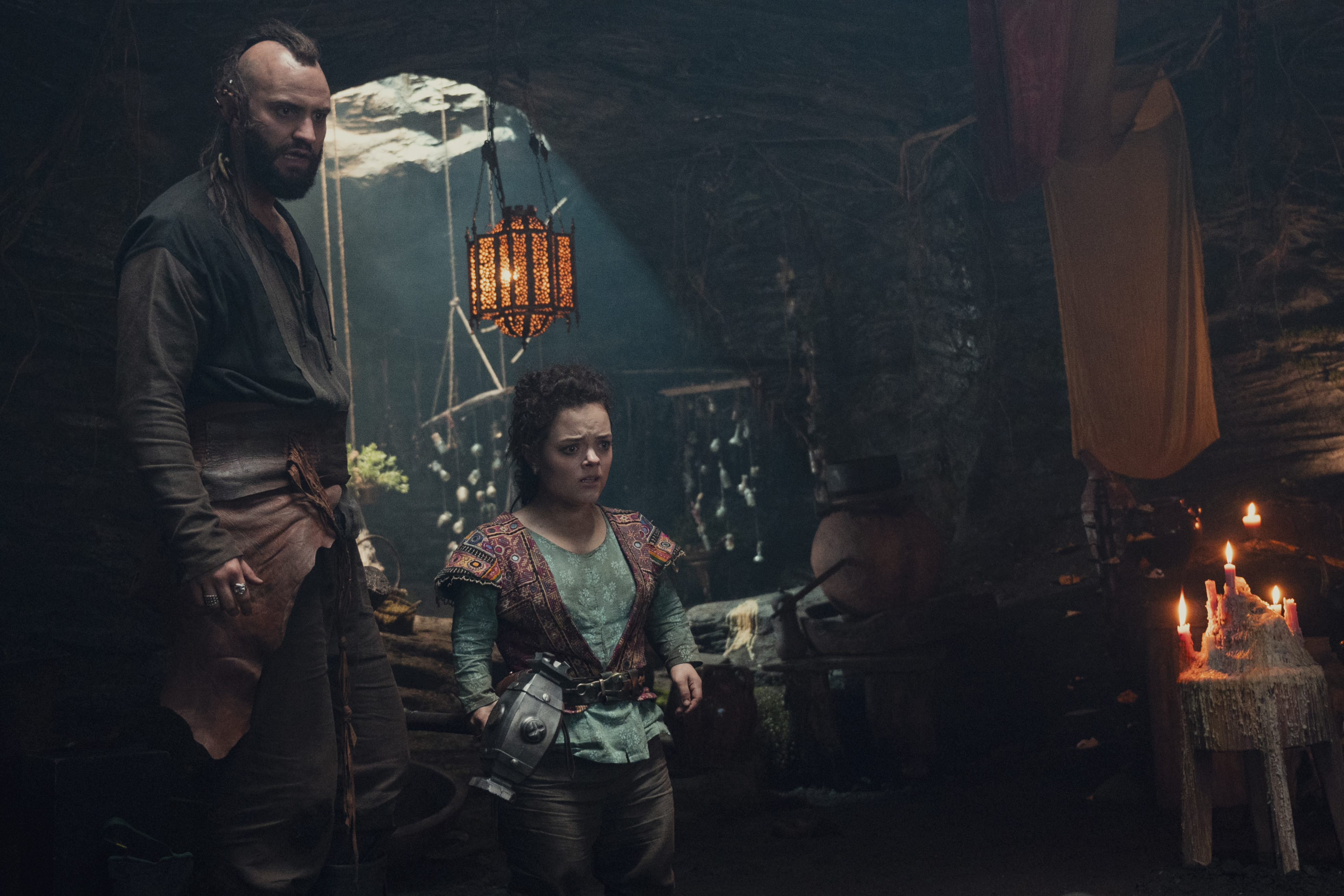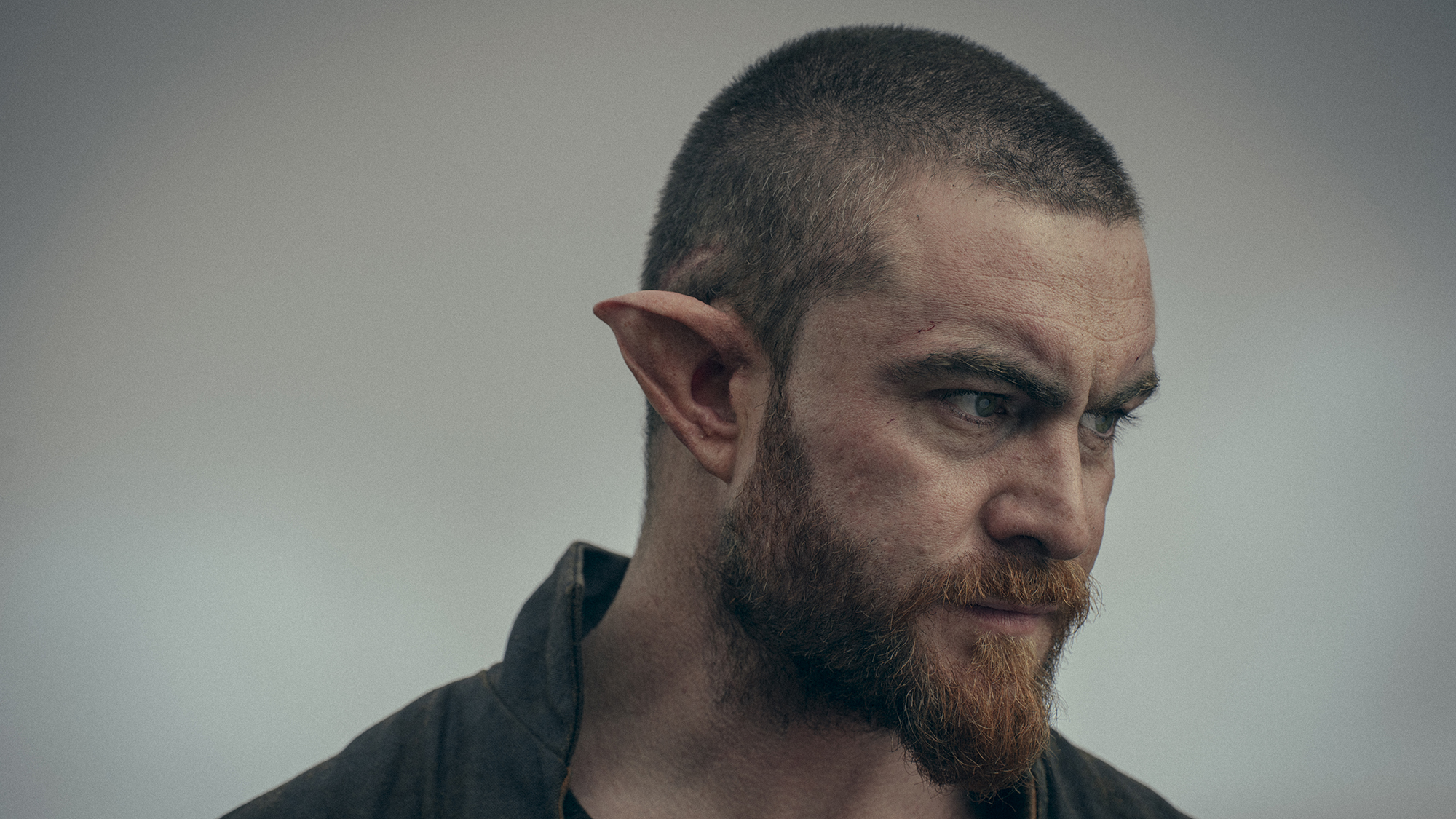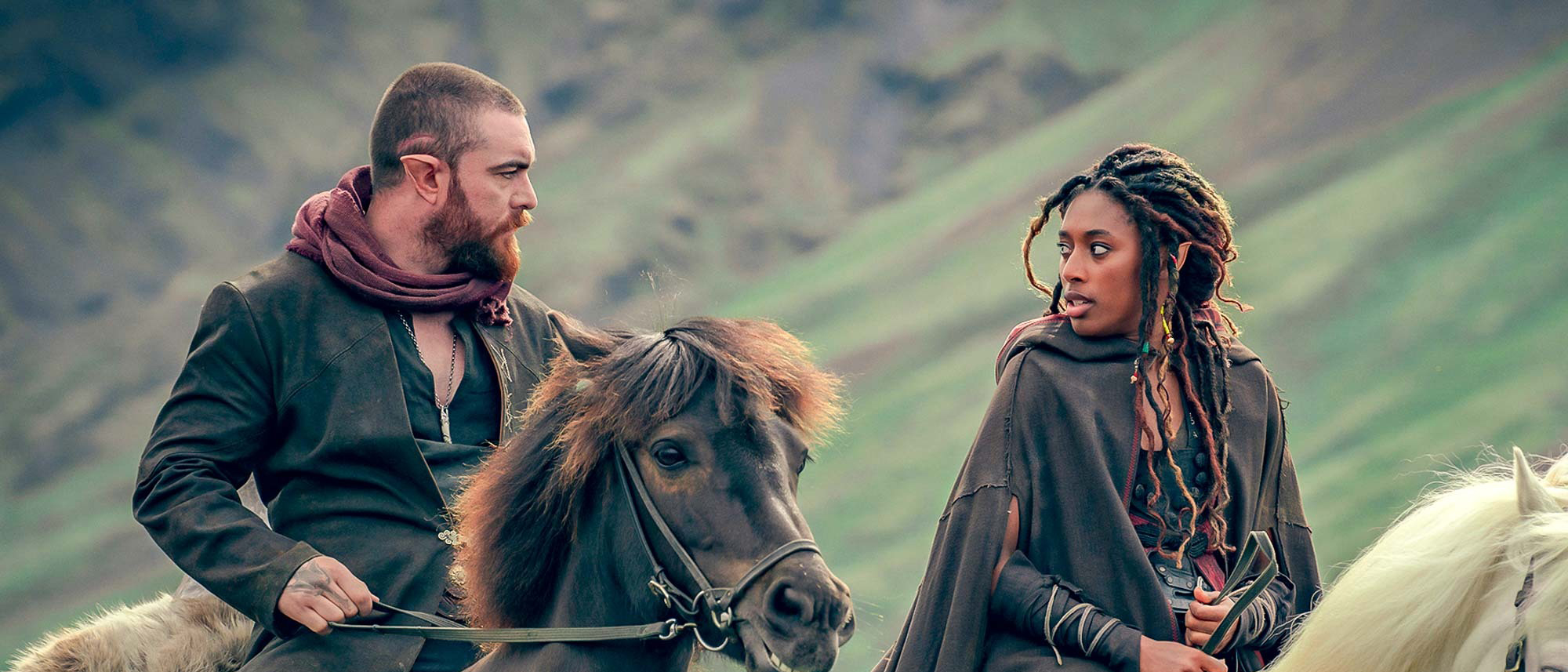Tom's Guide Verdict
At times fun and adventurous, The Witcher: Blood Origin tries to do too much in too little time. Squeezing all these characters into so small a window results in a show where dramatic events don't hit with the desired emotional impact, as they haven't been earned.
Pros
- +
A delightful cameo
- +
Solid performances
- +
Self-aware of one of its flaws
Cons
- -
Too many underdeveloped characters
- -
Feels like a cookie-cutter D&D story
- -
Rushed in only 4 episodes
Why you can trust Tom's Guide
We at Tom's Guide see The Witcher as one of the best Netflix shows. And, spoiler alert: The Witcher: Blood Origin will not get a similar ranking. This limited series, which is exactly what its title suggests — the bloody origins of the first Witcher — reminds me of one of the many beasts that attacked Henry Cavill's Geralt of Rivia in the first season. It bit off far more than it could chew.
Originally planned for six episodes, Blood Origin is a four-episode saga. And that's easily the first mistake made here. I'm not sure if they only needed two more to flesh out this story, but this quartet (which are around 42 to 63 minutes in length) is simply not enough. So, to no fault of the cast who make up its band of world-saving adventurers, Netflix's latest chapter in its Witcherverse falls flat.
That's not to say this series is bad (3 out of 5 stars is still a positive score, I should note). It's just that this The Witcher: Blood Origin review will explain where it's lacking.
The Witcher: Blood Origin review — a boiler-plate story lost in convoluted twists
Set 1,200 years before Geralt of Rivia's The Witcher stories, Blood Origin is all about how and why Witchers exist. It's all rooted in a reality-breaking event called the "conjunction of the spheres," which gave us Geralt's situation, where one planet is filled with monsters, men and elves. They used to be separated, you see.
To get us there, we have a group of heroic elves and their dwarven friend unite to take on the schemers and connivers who interfere with a peace treaty because they're seeking godly power. One of those villains — whose identity I won't spoil — is almost too aware of the situation at hand. When that villain rattles off a minor monologue about how an uprising must be put down early because it's a heroic folktale just waiting to happen — that's a bit too on the nose.

Why? Well, Blood Origin fits into the greater scheme of Netflix's Witcherverse through Jaskier the bard. At the start of the series, a time-pausing force finds the fan-favorite during a battle, and demands he makes sure people know of this story by creating a song about it.
And so we meet a group of heroes, starting with two elves that don't like each other at all — partially because they're from warring tribes. They're The Lark, who also goes by Éile (Sophia Brown), and Fjall (Laurence O'Fuarain), a pair of alphas who bicker so much you will wonder when they'll disrobe and get with the frolicking.
Get instant access to breaking news, the hottest reviews, great deals and helpful tips.

Their eventual teammates — Brother Death (Huw Novelli), who barely kills, the charismatic stoner dwarf Meldof (Francesca Mills) who speaks to her weapon, Scian (Michelle Yeoh doing a lot with a little) and sages Zacare (Lizzie Annis) and Syndril (Zach Wyatt) — all deserve more time on screen.
The biggest sin that Blood Origin commits is all about Meldof, as Mills manages to make "hammer whisperer" work as a gimmick, but is thoroughly unexplored as a character. If Netflix commissions more live action Witcherverse spinoffs, I'll start the petition to make Melfof the lead.
The Witcher: Blood Origin review — a cast in need of more script
None of the above is said to suggest that Brown's Éile is a poorly played character, or that O'Fuarain's Fjall is hogging too much screen time. All of the actors seemingly did the best they could with the materials provided to them. But much like a newbie video gamer dropped into the hyper-difficult Game of the Year Elden Ring, they are sorely under-prepared.
So, when big momentous events come crashing down in the back half of this four episode run, you'll likely see the emotions that writer/showrunner/EP Declan de Barra was going for. You'll also just have a hard time feeling those feels. And, trust me, I would know. I tear up at the drop of a hat in most shows or movies, even when the story is manipulative. But I sat there going "oookay."

Risks are taken, princesses are in danger, betrayals committed and dark sorcery is embraced to bring monsters to the elven realm. And all of it? I can't really bring myself to say much.
And those coming to see Michelle Yeoh as the blade-wielding assassin Scian? Well, know she's one of the cast members who has the least dialogue.
The Witcher: Blood Origin review verdict
This week, Netflix is a tale of two big releases that fall on opposite sides of my emotion. While my Glass Onion: A Knives Out Mystery review declares it's a movie I happily watched twice, The Witcher: Blood Origin fails to live up to the work that Cavill & Co. put in through the first two seasons.
Your enjoyment of Blood Origin will likely depend on how hungry for more Witcherverse content you are. As we creep closer to The Witcher season 3, Henry Cavill's last run before he goes to the Warhammer series on Prime Video, Blood Origin may not instill you with a lot of confidence in Netflix's ability to do Witcher things without its leading man.
While Blood Origin does connect back to the series with reveals that will make fans of the series go "oooh," it sometimes feels like a Marvel movie you're watching for lore reveals in end-credits scenes. When it should be the other way around.

Henry was a managing editor at Tom’s Guide covering streaming media, laptops and all things Apple, reviewing devices and services for the past seven years. Prior to joining Tom's Guide, he reviewed software and hardware for TechRadar Pro, and interviewed artists for Patek Philippe International Magazine. He's also covered the wild world of professional wrestling for Cageside Seats, interviewing athletes and other industry veterans.


